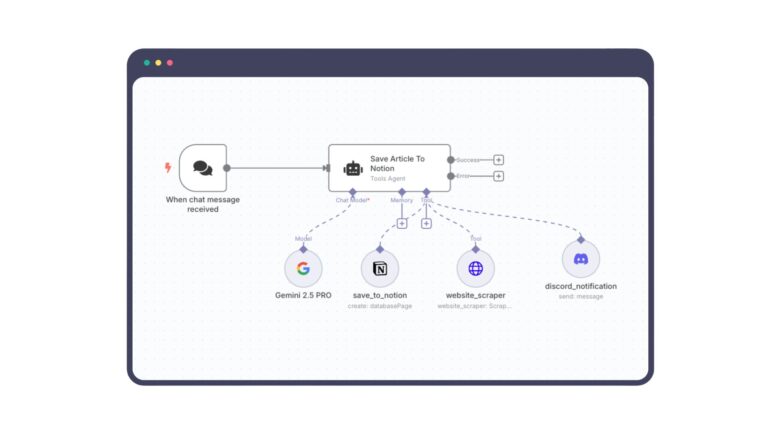The Evolution of Cybersecurity Leadership
In today’s rapidly evolving cyber threat landscape, businesses are facing an unprecedented level of security risks. The traditional approach of hiring a full-time Chief Information Security Officer (CISO) is no longer the default choice for many organizations. Instead, the rise of Virtual CISO (vCISO) services is transforming how companies approach cybersecurity leadership.
The shift is not just about cost savings; it’s about agility, access to top-tier expertise, and a scalable approach to security leadership. With cyber threats growing more sophisticated and compliance requirements becoming more stringent, businesses need a strategic partner who can provide expert guidance without the overhead of a full-time executive.
Understanding the vCISO Model
A vCISO provides on-demand cybersecurity leadership, offering strategic security planning, risk management, compliance oversight, and incident response coordination without the financial burden of hiring a full-time executive. Organizations of all sizes, particularly mid-sized enterprises and startups, are realizing the benefits of a flexible, outsourced security model.
Unlike a traditional CISO who is embedded within an organization, a vCISO operates as an external advisor, bringing insights from multiple industries and experiences. This diverse perspective enables them to proactively address security threats, implement best practices, and align cybersecurity strategies with business objectives.
Why Businesses Are Opting for vCISO Services
1. Cost-Effectiveness Without Compromising Expertise
Hiring a full-time CISO comes with significant financial implications, often requiring a salary upwards of $300,000, plus benefits, bonuses, and stock options. For many businesses, especially SMBs, this cost is prohibitive. A vCISO, however, offers the same level of expertise at a fraction of the cost, providing services on a retainer or as needed.
2. Access to Elite Cybersecurity Talent
Finding and retaining top-tier cybersecurity professionals is a major challenge. The global shortage of skilled CISOs means that even enterprises struggle to fill this critical role. A vCISO service provides access to experienced professionals with deep industry knowledge, ensuring businesses have access to strategic leadership without the long hiring process.
3. Scalability and Flexibility
Cybersecurity needs are not static. Organizations face shifting threats, evolving compliance requirements, and changing business objectives. A vCISO offers scalable solutions, allowing businesses to adjust their cybersecurity leadership needs based on their risk profile and growth stage.
4. Stronger Compliance and Regulatory Adherence
From GDPR and HIPAA to CMMC and SEC cybersecurity disclosure rules, compliance mandates are increasing. A vCISO ensures businesses remain compliant by aligning security strategies with regulatory requirements, avoiding penalties, and strengthening their overall security posture.
5. Incident Response Readiness
Many organizations lack a robust incident response plan, leaving them vulnerable in the event of a cyberattack. A vCISO plays a crucial role in building and testing incident response frameworks, ensuring rapid containment and recovery from breaches.
6. Objectivity and Independence
Unlike in-house CISOs who may be influenced by internal politics, a vCISO brings an independent, objective perspective. They can assess security gaps more effectively and implement necessary controls without conflicts of interest.
Expert Opinions: Why vCISO Is the Future
Industry leaders agree that the demand for vCISO services is set to grow. According to a Gartner report, by 2026, 50% of mid-sized businesses will rely on external cybersecurity experts rather than employing a full-time CISO.
Former Fortune 500 CISO:
“The vCISO model allows companies to tap into a broad knowledge base without the overhead costs of a full-time hire. It’s an incredibly effective way to stay ahead of cyber threats.”
CIOs: Strengthening Security Without Overhead Costs
“For CIOs, a vCISO is a strategic partner who helps navigate complex compliance requirements, cybersecurity frameworks, and risk mitigation—all without the burden of hiring and maintaining an expensive security executive.” – CIO & Digital Transformation Expert
CEOs: Reducing Cyber Risk While Driving Business Growth
“As cyber threats grow more sophisticated, CEOs must take a proactive approach to security. A vCISO provides leadership that integrates cybersecurity into the company’s DNA, ensuring resilience while allowing CEOs to focus on growth.” – Fortune 500 CEO
The Strategic Advantage of vCISO Services
For businesses that lack the budget, resources, or need for a full-time CISO, a vCISO is a game-changer. It provides enterprise-grade security expertise, aligns cybersecurity with business strategy, and ensures compliance with regulations like GDPR, HIPAA, and CCPA—all without the heavy financial burden of a full-time executive.
MSSPs, CIOs, and CEOs who embrace vCISO services can future-proof their organizations against cyber risks while maintaining agility in an evolving digital landscape. The question is no longer “Should we hire a vCISO?” but rather “How quickly can we integrate vCISO services into our security strategy?”
Is vCISO Right for Your Organization?
If your business lacks in-house cybersecurity leadership, struggles with compliance, or needs strategic direction to mitigate cyber risks, a vCISO may be the right choice. The ability to scale services, reduce costs, and access elite security talent makes this model a compelling option for modern enterprises.
Final Thoughts
The cybersecurity landscape demands adaptability, expertise, and proactive risk management. Businesses that embrace the vCISO model gain a strategic advantage by ensuring robust security without the limitations of traditional hiring. As cyber threats evolve, organizations that invest in flexible, experienced security leadership will be best positioned to protect their assets, reputation, and future growth.
By choosing a vCISO, businesses are not just saving costs—they are future-proofing their cybersecurity strategy.







